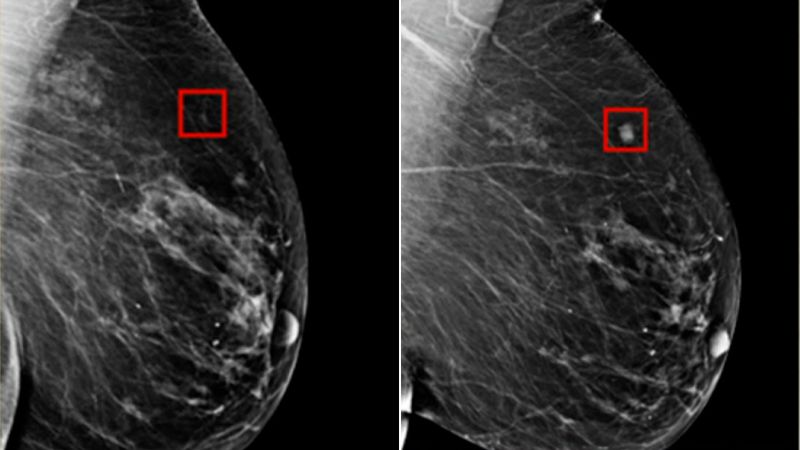Novartis’ Ribociclib (Kisqali) Demonstrates Significant Reduction in Breast Cancer Recurrence
A recent study presented at the American Society of Clinical Oncology conference in Chicago revealed that Ribociclib, a drug developed by Novartis and marketed as Kisqali, has shown promising results in reducing the risk of breast cancer recurrence in patients with early-stage HR+/HER2- breast cancer. The drug was initially approved by the US Food and Drug Administration in 2017 for metastatic breast cancer cases.
The randomized, controlled trial conducted by Novartis involved 5,100 patients from 21 countries, including pre- and post-menopausal women and men. The participants were monitored over a three-year period. The trial found that adding Kisqali to endocrine therapy reduced the risk of recurrence by 25% across a broad population of early breast cancer patients with HR+/HER2- subtype. HR+/HER2- breast cancer is characterized by testing positive for estrogen and progesterone receptors and negative for HER2.
The study’s lead investigator, Dr. Dennis J. Slamon, director of clinical and translational research at the UCLA Jonsson Comprehensive Cancer Center, emphasized that these groundbreaking results could revolutionize the treatment of patients with stage II and III HR+/HER2- early breast cancer. This drug offers a much-needed, well-tolerated option to prevent cancer from returning in patients who face a high risk of recurrence.
Dr. Sara Tolaney, a breast medical oncologist at Dana-Farber Cancer Institute, described the findings as “exciting” and believes the benefits of Kisqali could be even more significant with longer-term data. The 25% relative risk reduction observed in the trial is substantial, offering hope for improved outcomes for patients. Dr. Anupama Goel, an assistant professor of medicine, hematology, and medical oncology at the Mount Sinai Tisch Cancer Center, hailed Kisqali as a vital addition to breast cancer treatment, potentially increasing the cure rate for high-risk patients.
Although the results are promising, it’s important to consider potential side effects such as elevated liver enzymes, diarrhea, and neutropenia, which occurred during the trial. Additionally, the high cost of the drug, estimated at up to $15,000 per month, poses a challenge for some patients.
Breast cancer is one of the most common cancers diagnosed at an early stage, with approximately 90% of cases detected early. Despite successful initial treatment, there remains a significant risk of recurrence, especially for patients with HR+/HER2- breast cancer. The study’s findings offer hope for improving treatment decisions and reducing the recurrence rate for a broader range of patients.
While some experts view these results as a significant advancement in breast cancer treatment, Dr. Alberto Montero, director of the breast cancer program at UH Seidman Cancer Center, cautions that progress in oncology is often incremental. The decision to prescribe Kisqali for three years should be weighed against the potential side effects and benefits for each individual patient. Nevertheless, these findings represent a meaningful step forward in the pursuit of better cancer treatments.
In conclusion, the recent study highlights the potential of Ribociclib (Kisqali) in reducing the risk of breast cancer recurrence in early-stage HR+/HER2- breast cancer patients. Although further research is needed to evaluate its long-term effects, the trial results are promising and could significantly impact treatment decisions for high-risk patients, ultimately improving their chances of remaining cancer-free.



